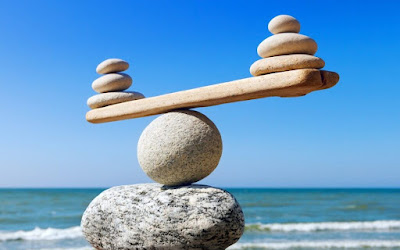Chidimma Adetshina, a young woman born in South Africa to a Nigerian father, has made history as the first Nigerian to be crowned first runner-up at the Miss Universe pageant. Her journey to the prestigious competition was marked by both adversity and triumph.
Initially, Adetshina competed in Miss South Africa, but was forced to withdraw due to controversy surrounding her nationality. She faced xenophobic backlash and allegations that her mother had stolen the identity of a South African woman, leading to government investigations. Despite the difficult situation, Adetshina expressed gratitude to South Africa, a country she holds dear.
However, her journey took a new turn when the organizers of the Miss Universe Nigeria competition extended an invitation to her. This opportunity allowed Adetshina to reconnect with her Nigerian heritage and pursue her dreams on a global stage. She embraced this chance and ultimately achieved remarkable success at the Miss Universe pageant, becoming the first Nigerian to reach the top two.
Ahead of the finals, Adetshina shared an emotional post on Instagram, expressing her gratitude to Nigerians for their unwavering support. She spoke of feeling overwhelmed by the challenges she faced, but ultimately finding strength in her dreams and the love of the Nigerian people. She acknowledged the risks she took, but emphasized her determination to make history and represent her country with pride.
Adetshina's success builds on the legacy of Nigerian women who have excelled on global beauty platforms, evoking memories of Agbani Darego's historic Miss World win in 2001. Her journey serves as an inspiration to young people around the world, demonstrating the power of resilience, determination, and embracing one's heritage.








